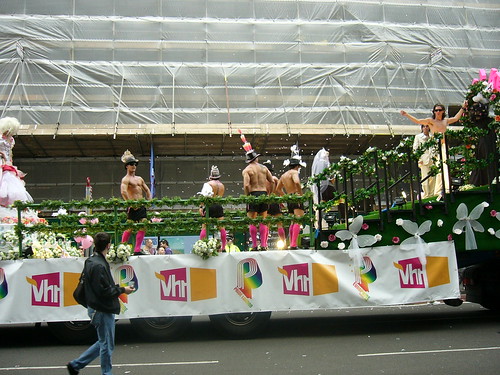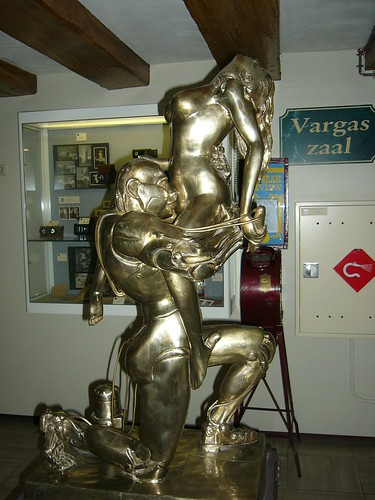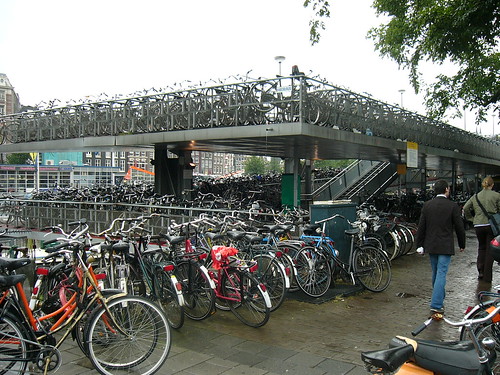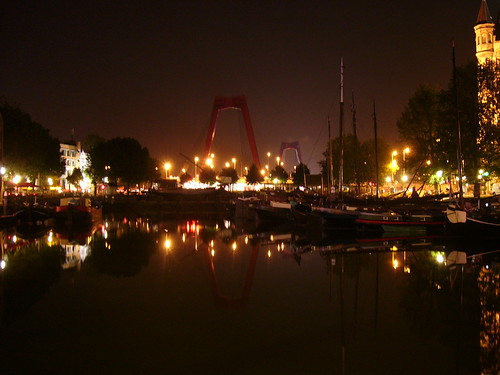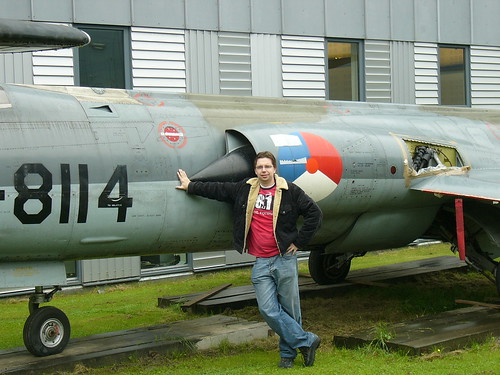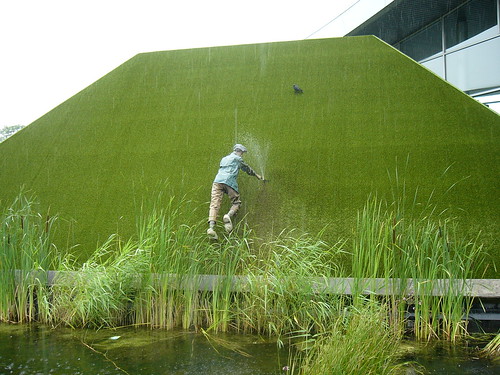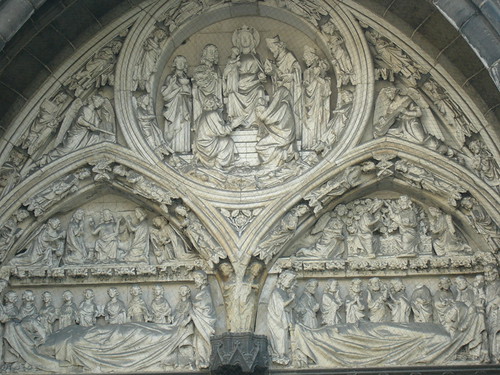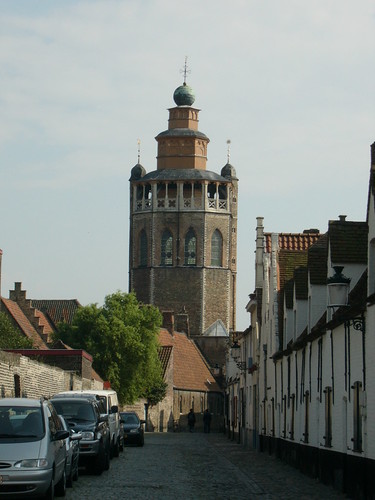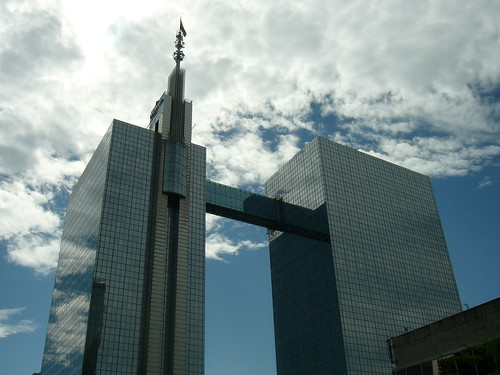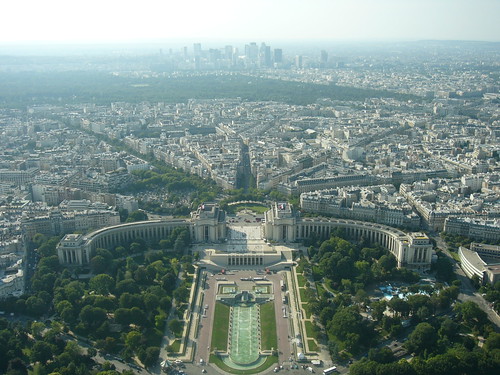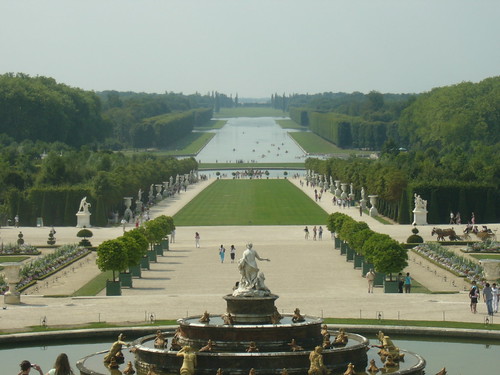Humanity. Identity. And youth. Those were the three unspoken themes that permeated the atmosphere at Gallipoli, the site at which 90 years earlier, soldiers from Australia, New Zealand, France, Britain and Turkey fought in a battle that lasted nine months but would forever haunt the site. Militarily, this battle brought bloodshed on all sides. Culturally, however, it would come to define the modern Australian and Turkish states ?¢‚Ǩ‚Äú creating a legend that would affect us to this day.
Background
Even in ancient times, Byzantium was a very influential city. It controlled trade and shipping that would pass from the Black Sea and Anatolia, to the Mediterranean ?¢‚Ǩ‚Äú the junction that connected Europe to the Silk Road. So strategically important was its position, that the Roman emperor Constantine moved the capital of the Roman Empire there in 325 AD ?¢‚Ǩ‚Äú where it ruled the world supreme for a thousand years. In 1453, the Ottoman?¢‚Ǩ‚Ñ¢s finally invaded the impregnable city with a new technology ?¢‚Ǩ‚Äú canon fire ?¢‚Ǩ‚Äú and made the since renamed city ?¢‚ǨÀúConstantinople?¢‚Ǩ‚Ñ¢ the capital of her vast empire.
In 1914, the Ottoman Empire ?¢‚Ǩ‚Äú now on its last legs ?¢‚Ǩ‚Äú had joined the Germans in the First World War. Constantinople, like it has always been, was a strategically important city. To capture it meant that the Allied armies could eliminate the Ottoman?¢‚Ǩ‚Ñ¢s from the war, as well as control the key black sea trading route ?¢‚Ǩ‚Äú ensuring a starved Russia could get supplies and support, as the Western side of her belly was cut off by the Germans. The Gallipoli peninsula led into Constantinople, and if the Allies could capture the Peninsula, they could make their way up to Constantinople and achieve their objective. The outcome of this battle had huge ramifications for all the sides fighting, as it could have broken the stalemate on the western front.
Kamal Attaturk was the commander in charge of the Ottoman army at the Gallipoli peninsula. His success in defending his homeland, made him a national hero, and no doubt played an important factor in him becoming Turkey?¢‚Ǩ‚Ñ¢s first President in 1927 ?¢‚Ǩ‚Äú whereby he oversaw the remnants of the Ottoman Empire in Anatolia modernised and completely revitalised into the powerful country we see today.
Of the Australian and New Zealand forces fighting there, the battle has became a symbol that defined two young nations, as up until then, their colonial past was the only identity that they had. They were known as the Australian and New Zealand Army Corps, and the acronym to those words has come to represent a commemoration for fallen heroes; and for Australia, the uniqueness of her culture and people.
Ninety years later ?¢‚Ǩ‚Äú the memorial ceremonies
The memorial consisted of three parts. The first part was the Dawn Service, which started at 4am. Later in the morning, the Lone Pine Service was held, to commemorate the Australian troops ?¢‚Ǩ‚Äú as five of the seven Victorian crosses awarded were due to acts performed at this site. And afterwards, the New Zealander?¢‚Ǩ‚Ñ¢s held their service at Chanuuk Bar, which was the highest ground reached by the Anzac?¢‚Ǩ‚Ñ¢s.
The Dawn Service was held in an area called North Beach, which was just above Anzac cove. The area was held in a space the equivalent of a football field. The crude estimate that 14,000 people were there was based on the assumption two people could fit in each square metre. A lady who was handing out programmes, said that of the 19,000 printed, 17,000 had already been handed out at 12am ?¢‚Ǩ‚Äú when not even three-quarters of the attendants had arrived. Add to the fact that there were literally thousands of young Turkish people swarming in the masses – it would not be unreasonable to say that 20-25,000 attended this year?¢‚Ǩ‚Ñ¢s service.
A local Turkish girl teased me, because she had one layer of clothing and was fine. I on the other hand had three layers, and was numb, shaking and could only concentrate on breathing and keeping warm from the winds, which made the five-degree Celsius climate feel like minus five. As someone who had only recently come from Australia?¢‚Ǩ‚Ñ¢s March climate, to experience Turkey?¢‚Ǩ‚Ñ¢s April chill, I stood perplexed at how men my age and younger – a military historian claims to have discovered a soldier aged 14 and nine-months – had to jump out of boats into the water and onto these fields. And then dig a hole, where they had to eat, shit and fight out of for the nine-months that followed.
The ceremony itself was nice. It probably would have been more enjoyable had we not been in the cold for so long. Nevertheless the light show, which was to simulate the sun-rise as the Anzac?¢‚Ǩ‚Ñ¢s landed on the shore, was quite spectacular. The rugged and steep hill behind us and which was 100 metres from the shore – simultaneously lit up in portions, as a flashing multi-coloured light projected from a corner near the water on our front left. It was dark, but there was also a full-moon which gave the shore an eerie feel. The lightshow against a backdrop of darkness was surreal; and the deathly quiet during the show, with the speaker system booming the voice of the narrator, definitely made an impression to those there.
After the Dawn Service, most people climbed the hills to Lone Pine. It was here that everyone who attended would agree was the highlight of the experience. Sitting in what was like a mini stadium ?¢‚Ǩ‚Äú the 4,000 seats were full, and the ground was covered with people. John Howard, the Prime Minister, made an early arrival and did his rounds through the crowds. He was greeted with a standing ovation and cheering ?¢‚Ǩ‚Äú which he lapped up every moment off. However when the same treatment was bestowed on Kim Beazley ?¢‚Ǩ‚Äú the opposition leader ?¢‚Ǩ‚Äú he may had realised that it was more larrikinism than respect when he heard those cheers.
After five false starts, a Mexican wave did a complete loop, including the armed service band, whom dropped there instruments to give a very precise and uniform wave. However what had me startled was that it would not stop. Every few minutes, I would notice the stand directly opposite me stand up, again, and after the wave had passed me six times, I started to wonder if it would ever end. It did, but that?¢‚Ǩ‚Ñ¢s only because we were busy asking all the dignitaries to give us a wave, which would have a stand erupt in cheering and laughter when they did
Dignitaries were plenty. From Australia, we had the Prime Minister, Opposition leader and quite a few members of the Federal Cabinet. Victoria?¢‚Ǩ‚Ñ¢s and Tasmania?¢‚Ǩ‚Ñ¢s premiers were present, and Prince ?¢‚Ǩ?ìChucky?¢‚Ǩ? Charles was in attendance (but no Camilla). Top military brass from Australia, New Zealand, Germany, the UK, Turkey, France and I am sure a few more filled the official chairs. In fact, some many ?¢‚ǨÀúdignitaries?¢‚Ǩ‚Ñ¢ came, that they ran out of official chairs ?¢‚Ǩ‚Äú much like how the entire day panned out ?¢‚Ǩ‚Äú a gross underestimation of the amount of people that would come.
An interesting observation was how Australian democracy was being represented overseas. When the Prime Minister gave the speech at the Dawn Service, it was the opposition leader that was to lay the wreath for Australia. Our ?¢‚ǨÀúhead of state?¢‚Ǩ‚Ñ¢, represented by chucky, had no role of importance other than a token prayer (and only at the Dawn Service). The Australian head of state ?¢‚Ǩ‚Äú the Governor-General, with the current holder of the office also a former military officer ?¢‚Ǩ‚Äú was nowhere to be seen.
It became evident that the things Howard spoke about, and by the way the ceremony was organised, that he was doing more than just a memorial service ?¢‚Ǩ‚Äú but was trying to shape an Australian psyche. He laboured to have us acknowledge sacrifice, mateship and courage as Australian virtues?¢‚Ǩ‚Äú but he had no trouble having us understand larrikinism, as was evident with the master of ceremonies repeatedly having trouble controlling the crowd.
The Service at Chanuuk Bar was a long walk up, which was a sobering experience to see how the New Zealand troops were able to get so far. Whilst I did not attend the service, people reflected that it was not as good. The noise generated by the Turkish children passing by to their buses, as nearby they were celebrating their own ?¢‚Ǩ?ìVictory?¢‚Ǩ? of the battle, made it apparently difficult to enjoy the moment
Overall Observations
The thing that struck everyone who attended, were the amount of young people present. Most of the crowds were Australians based in London on working holidays or GAP-year students working somewhere in Europe. An older contingent of retirees made their presence felt, and it seemed that for all except the tour-guides, it was a first-time experience. Nearly all that I spoke to wouldn?¢‚Ǩ‚Ñ¢t have come to Turkey had it not been for the 90th celebration. Although everyone also said, they would definitely be back again.
Another thing that struck us as strange were the amount of Turkish people there. In recent years, the battle has raised in national importance in Turkey ?¢‚Ǩ‚Äú and questions are being raised by the younger generation as to the amount that died (there is no Turkish burial site). There were boys and girls there from all over Turkey. Some where there just to see what the fuss was about. Pretty much all of the young Turkish men there, came because they think Australian women are easy to pick up. Whilst it annoyed me and I am sure other people how the Turks in attendance didn?¢‚Ǩ‚Ñ¢t show much respect by keeping quiet and stationary during the Dawn Service, it was startling to see so many other young Turkish children on the walk up to Chanuuk Bar. Even nicer was the warmth both nations showed each other in their interactions, a thing confirmed to me in Istanbul where all the shopkeepers who realised I was Australian, would tell me how much they liked Australians. Sure they were trying to sell me something, but they seemed genuinely respectful.
Australian poets and songwriters have long lamented that when the last ANZAC would die, the importance of the day would be lost in history. The last Australian ANZAC has died, however I wish that some of those artists could have been there, as they would realise a fresh generation of young Australians would carry the tradition on ?¢‚Ǩ‚Äú although for different reasons. Being surrounded by so many Australians, in a foreign continent where some had not heard an Aussie accent since they were in Australia, gave everyone a warmth. However being in a crowd of Aussies, laughing and cheering together, and nodding our heads at things that the Turkish tour guides didn?¢‚Ǩ‚Ñ¢t understand, did something else. It made you feel like an Australian. And it made you feel glad you were one.
